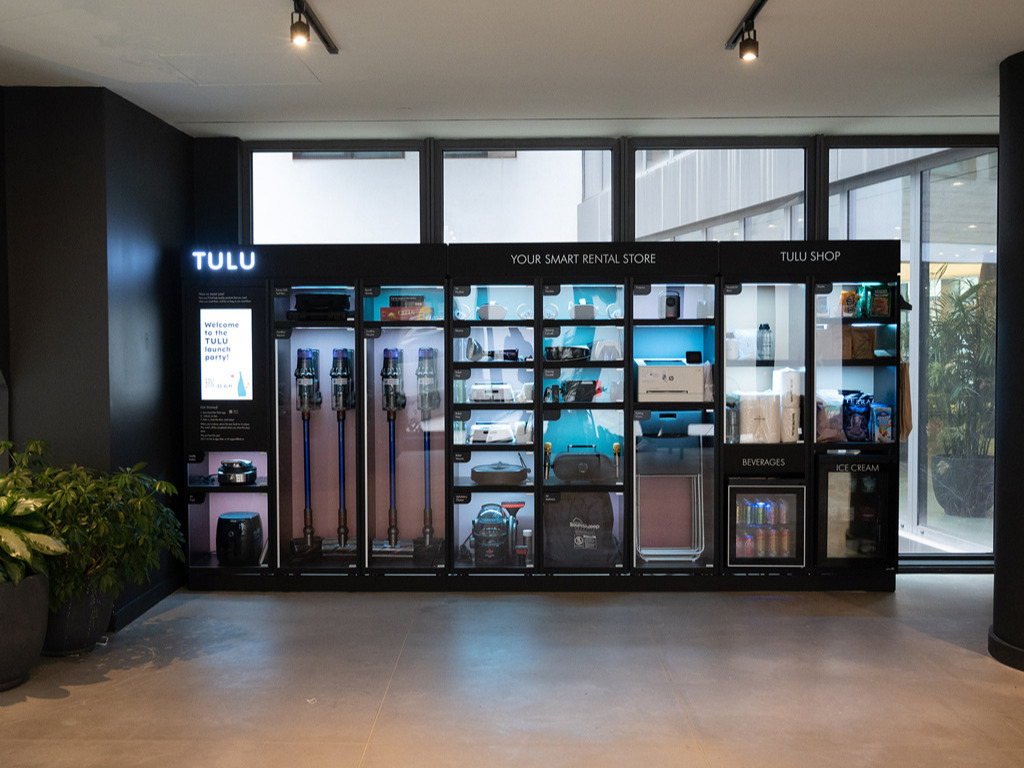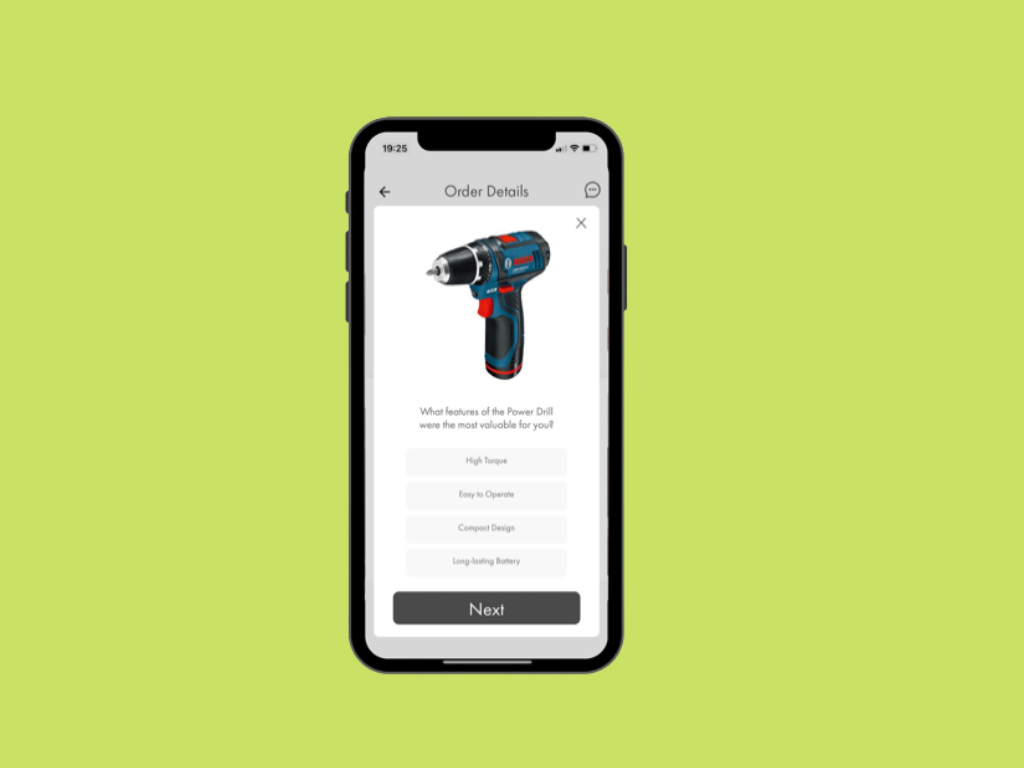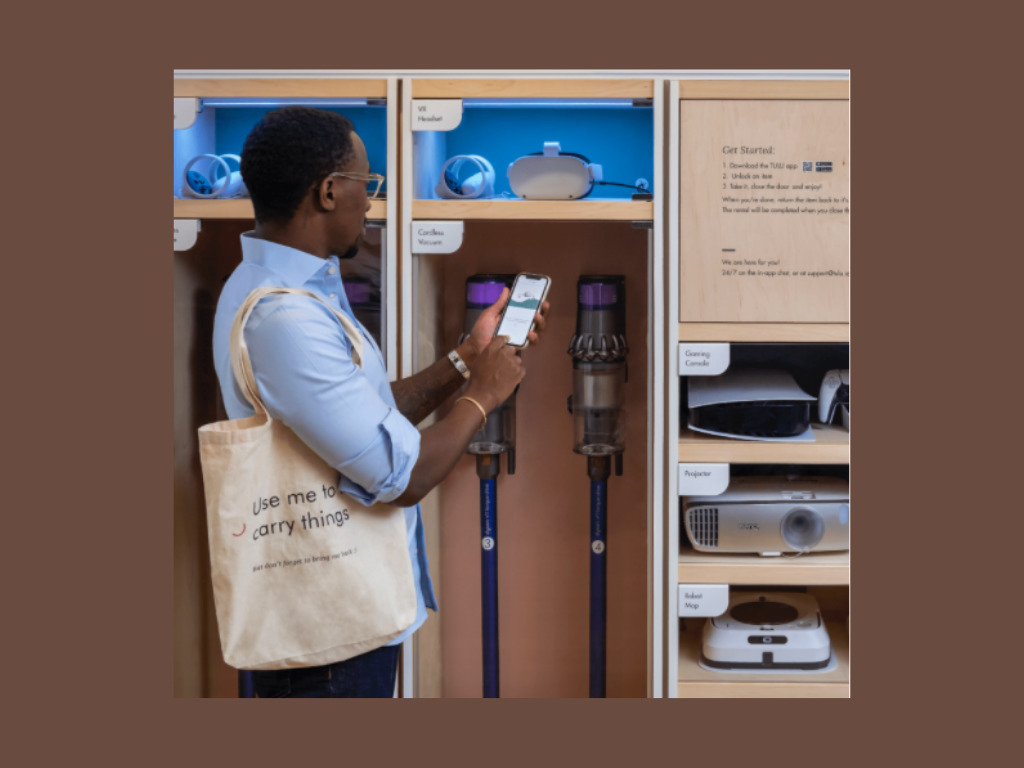Use Only What You Need: Sharing Economy Platform Scoops $20 Million For On-Demand Home Appliance Lending App
4 Mins Read
New York-headquartered Tulu has netted £20 million in a Series A round, led by VC New Era Capital Partners, with participation by Robert Bosch Venture Capital, Kärcher New Venture and Round Hill Ventures. Previous investors doubled down in the raise as well.
Funds will be used to negotiate new landlord and brand deals for the company’s self-serve lending model that supplies household tech items and more. The Series A has completed 10 months after seed funding brought in $3 million.
Tulu claims to be on a mission to instigate a global paradigm shift. The company seeks to move consumers away from buying what they want, to simply using what they need. Tulu acts as an intermediary, supplying access to items that can be rented instead of permanently acquired. To date, it states that it has serviced more than 50,000 people, across 15 cities.

Smaller living and smaller footprints
The business model of Tulu centres around the principles of the sharing economy. Instead of buying something new, items are offered on a need basis for as long as necessary. This model has appeal for consumers living in small apartments and studios, where space comes at a premium. Tulu claims that its model is a natural extension of what has happened with vehicle ownership.
“The most generic example would be transportation. People used to own cars because ownership itself had a value. Today, millennials and Gen Zs don’t think about cars,” Yishai Lehavi, chief executive officer and co-founder of Tulu told TechCrunch. “They want to get from point A to point B and as long as they can get it in an affordable, convenient way, the ownership just becomes a constraint. We’re accelerating this already existing mindset and saying that everything in our daily life can become such a service.”

Access to the Tulu platform
With its new funding, Tulu has cited ambitions of being instaled into 1,000 buildings, in new and existing markets. So far, it has secured presence in the U.S., U.K., Ireland, Israel and the Netherlands. It will be inserted into apartment building infrastructure in the form of ‘micro-bodega’ self-serve displays, placed in accessible communal areas. Items offered are tailored to the specific needs of the residents of that building and can be released using the Tulu app.
Bulky apartment essentials, including vacuum cleaners, printers, projectors, and small cooking appliances are common, as are DIY tools. Residents can book, use and return equipment with rolling 24/7 access. Tulu wants its model to become the standard and something that all building owners seek to install. It claims that younger residents, moving from college dorms to apartments, are requesting installations, to continue existing within a usage economy. If rolled out on a vast scale, the model will affect consumer behaviour in a tangible way.
“Tulu provides a unique channel for a new way of consumption that is becoming more and more significant within millennial and Gen Z consumers,” Dr Ingo Ramesohl, managing director at Robert Bosch Venture Capital told TechCrunch. “At Bosch, we are constantly looking for technologies that can extend our outreach and allow us to better learn today’s and future consumers’ needs and preferences. Our investment in Tulu is driven by the understanding that this shift from an ownership mindset is substantial and that brands will need to find ways to adapt to the usage mindset and make it part of their long-term business model.”

Less is more
While renting household equipment could prove to be a catalyst for a consumption shift, other lending variations have come under scrutiny. Last year, the growing trend of fashion rentals, whereby pieces are loaned for a set amount of time or event, was found to potentially cause more emissions than discarding old items. A study compared renting, resale, recycling and wearing, with renting coming out as the worst environmental offender. This was largely attributed to the need for extensive logistics and assumed packaging.
All photos by Tulu.




